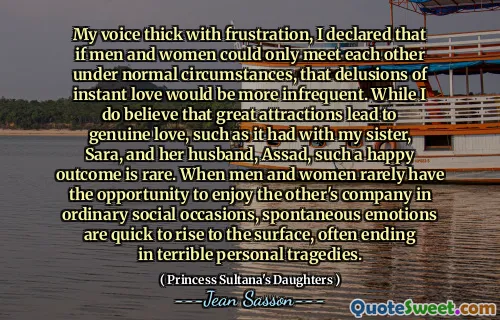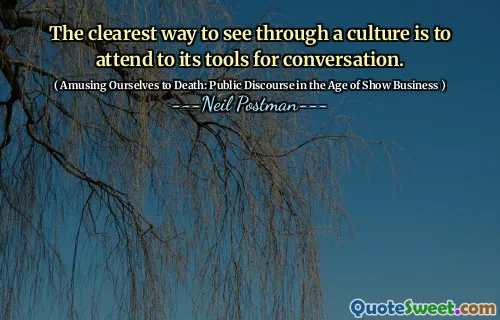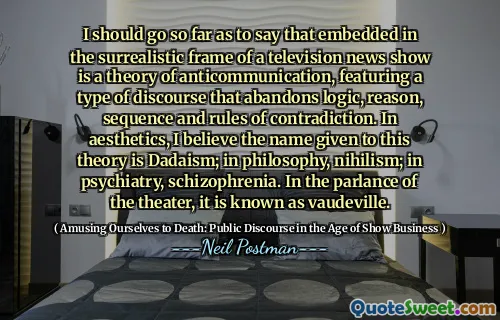
The American family shattered for the simple reason that it was American, not global.
This quote vividly encapsulates the challenges and fractures unique to the American family structure through a critical lens that contrasts it with a global perspective. It suggests that the very identity and circumstances defining American families have led to their fragmentation, implying inherent cultural, social, or economic issues distinct to the American context. From a sociological standpoint, this invites reflection on how America’s distinct values, policies, and societal norms shape family dynamics. Issues like the emphasis on individualism, economic pressures, work-life imbalance, and a high divorce rate might be underlying factors contributing to this fragmentation. Furthermore, the phrase "not global" implicitly calls attention to the possibility that family structures elsewhere—potentially more collectivist or community-oriented cultures—may maintain greater cohesion. This comparison prompts a deeper conversation about what qualities foster family resilience and stability, and whether elements of global cultural practices could inspire stronger American familial bonds.
This quotation also touches on the broader idea of societal identity influencing intimate and personal relationships. In essence, it asserts that the macrocosm, meaning the cultural and national context, influences the microcosm, the family unit. It challenges readers to consider the intersectionality of culture, policy, and socio-economic factors in evaluating and understanding familial well-being. Moreover, by framing the issue so bluntly, it provokes an urgent call for self-reflection and reform on both societal and individual levels. Instead of merely accepting the fragmentation as a norm, the quote invites stakeholders to analyze its root causes and innovate inclusive, sustainable family frameworks that transcend the isolating grips of American exceptionalism. Ultimately, it provides a compelling critique that could fuel important dialogues on how to restore the family’s foundational role in American society.










